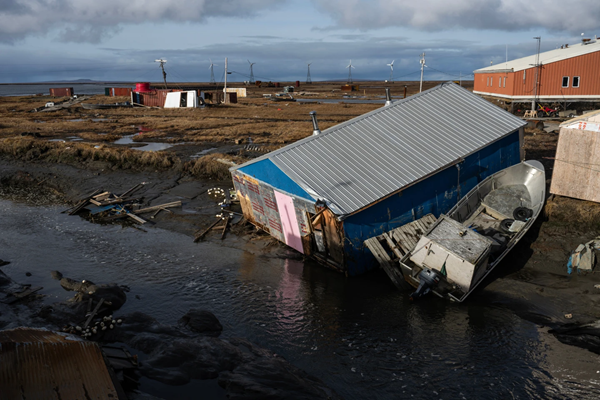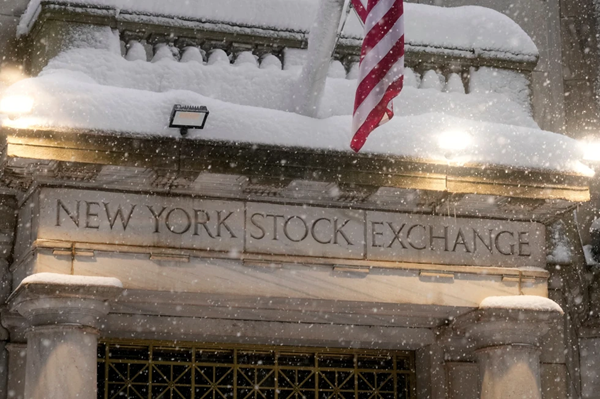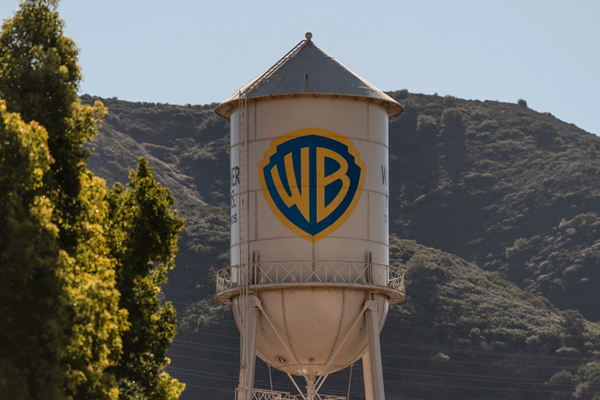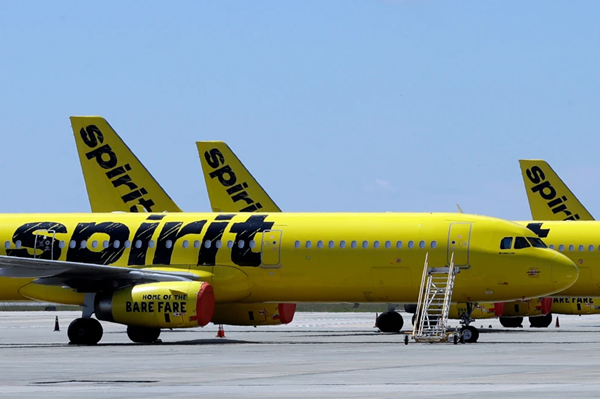Trump approves $25 million in disaster aid to help western Alaska recover from storms

JUNEAU, Alaska (AP) — President Donald Trump on Wednesday said he is approving $25 million in disaster aid for Alaska after back-to-back storms — including the remnants of a typhoon — ravaged coastal villages, displaced about 2,000 people and led to one of the most significant evacuation airlifts in state history.
Trump said on social media that he informed Republican Gov. Mike Dunleavy he was approving the money to help recovery efforts.
Last Thursday, Dunleavy sought an expedited major disaster declaration connected to the storm impacts from earlier this month. On Wednesday, his office said Trump’s declaration clears the way for federal aid for related to recovery and reconstruction, unemployment assistance and disaster loans for small businesses.
While damage assessments are still being tallied, two of the hardest-hit communities were the low-lying Yup’ik villages of Kipnuk and Kwigillingok, which were devastated by record high water levels amid the storm surge from the remnants of Typhoon Halong. The state emergency management office has said 90% of buildings in Kipnuk and 35% in Kwigillingok were destroyed.
One person died and two remain missing.
The remnants of the typhoon, which also brought strong winds, led to many evacuees from villages not connected to the state’s main road system being airlifted to larger communities. More than 650 people were brought to Anchorage, Alaska’s largest city, by military transport. Earlier this week, about 338 people were staying among two shelters in that city, but Anchorage officials said the number could rise as affected residents decide whether they want to stay in their homes over the winter.
Anchorage is incurring costs for using a convention center for one shelter, paying staff overtime and for supplies. Municipal Manager Becky Windt Pearson said Tuesday the city is developing a cost tracking system and does not yet have a figure for what has been spent.
She said the city will pay the expenses and then seek state reimbursement, with potential support from the federal government.
Another shelter is at the University of Alaska Anchorage’s sports arena.



